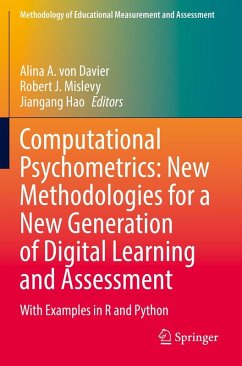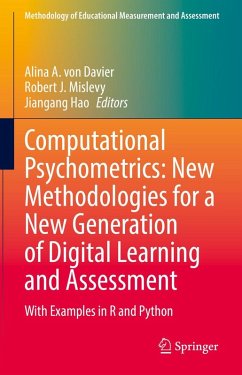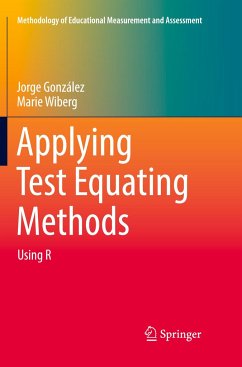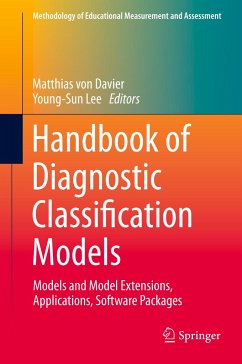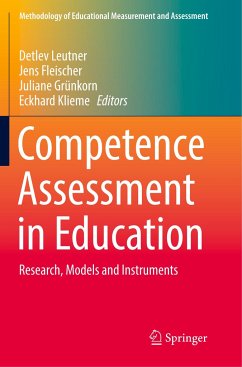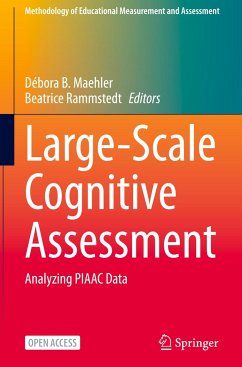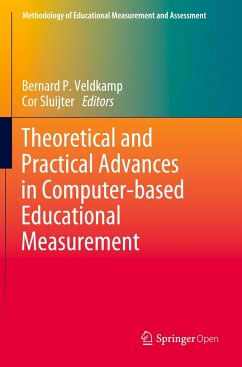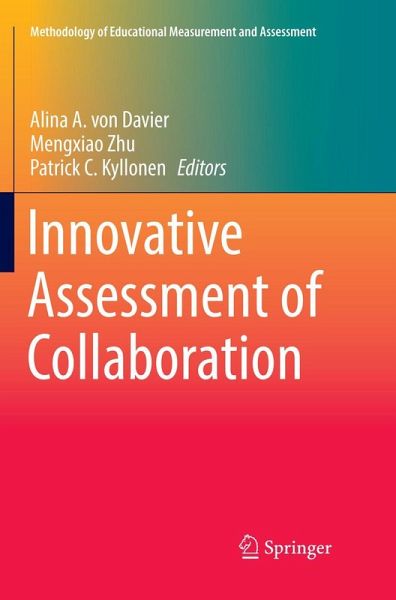
Innovative Assessment of Collaboration
Versandkostenfrei!
Versandfertig in 6-10 Tagen
106,99 €
inkl. MwSt.

PAYBACK Punkte
53 °P sammeln!
This edited volume provides a platform for experts from various fields to introduce and discuss their different perspectives on the topic of teamwork and collaborative problem solving. It brings together researchers in organizational teaming, educational collaboration, tutoring, simulation, and gaming as well as those involved in statistical and psychometric process modelling. This book seeks to channel this expertise towards advances in the measurement and assessment of cognitive and non-cognitive skills of individuals and teams.



